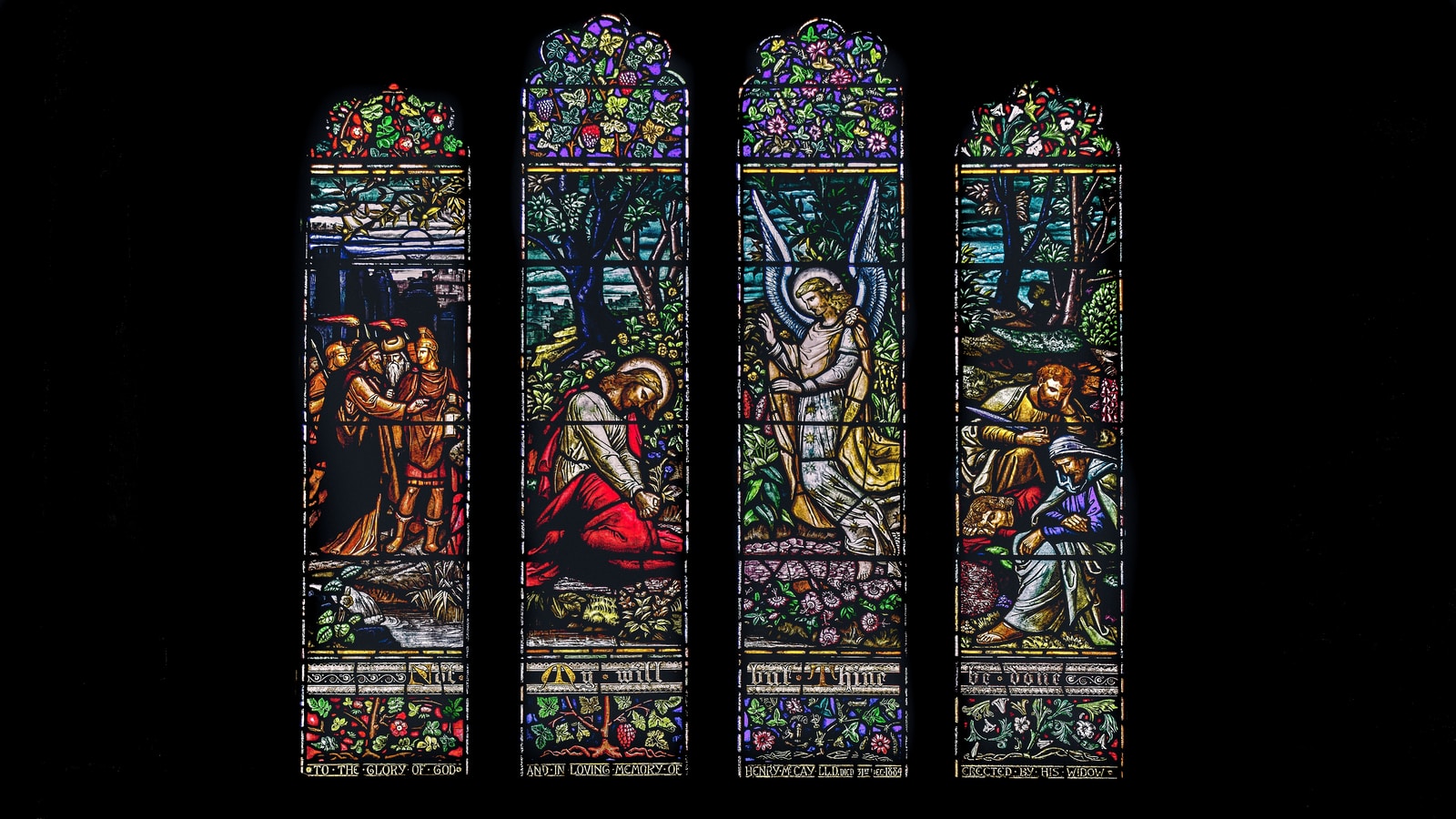TY MORGAN, MSW, LISW-S
For Jesus in the garden had one agenda that superseded the agendas of all the others: Love. On Friday, Jesus died for love. He said it was his choice.
This week leading up to Easter Sunday is a customary time of deep reflection. As we pray and remember our Lord’s steps towards His Passion and Resurrection, we are reminded how God has authored the most beautiful love story of all time…the story of our salvation. This story began in a garden with a man named Adam and ends in a garden with the One who would be called the second Adam. It was in the garden of Gethsemane that Jesus ultimately accepted the agonizing certainty of the cross. Consider the immense bravery and immeasurable love the choice required.
When Jesus was in the garden, he still had many options. He could fight like the Zealots. He could withdraw like the Essenes. He could collaborate with the chief priests. He could try to cut a deal with Pilate. He could call on his God to be delivered. He could ask to be spared. He could ask for legions of angels. Maybe one more miracle would rally everybody to his side. He did none of those things.
Setting aside questions about his divinity and identity, Jesus did what love does. Because God’s essence is love Jesus gave us the greatest expression of love the world will ever witness. This one lone, deserted, vulnerable man had to make a decision. He knew what he must do. He would not fight. He would not run. He would not deal. He did not dazzle. He would die. Then he prayed, “Not my will but yours be done.” His will was to express love and solidarity with all of humanity.
God knew that through love the cross could somehow become not just a symbol of sin and death but also a symbol of even more powerful redemptive love. Out of his remarkable brilliance, breathtaking courage, and inexplicable love, Jesus sized up a situation that defeated every human attempt at correction. He identified exactly what was needed to bring redemption. It would cost him his life. Two thousand years later, his death is the most important, most remembered death in the history of the world.
Jesus outlasted, outmaneuvered, and outthought every group, every power. But not just that. Mostly he just out-loved everybody. For Jesus in the garden had one agenda that superseded the agendas of all the others: Love. On Friday, Jesus died for love. He said it was his choice. It wasn’t Pilate’s. It wasn’t Herod’s. It wasn’t Caesar’s. It wasn’t the chief priests’. It wasn’t the crowds’. He said, “I lay down my life for the sheep. . . . No one takes it from me, but I lay it down of my own accord. I have authority to lay it down and authority to take it up again.”
The cross was changed from the symbol of a human empire’s power into a symbol of the suffering love of God. It was changed from an expression of ultimate threat into an expression of ultimate hope. It came to express the exact opposite of its original purpose. The death of Jesus demonstrates that the power of embraced sacrifice is always greater than the power of coercion. After Friday, neither the cross nor the world could stay the same. This awe inspiring decision awakens the soul and implores us to accept his invitation to Love, at all cost.
Cornerstone of Hope Cleveland Office’s Spiritual Care Coordinator/Clinician

